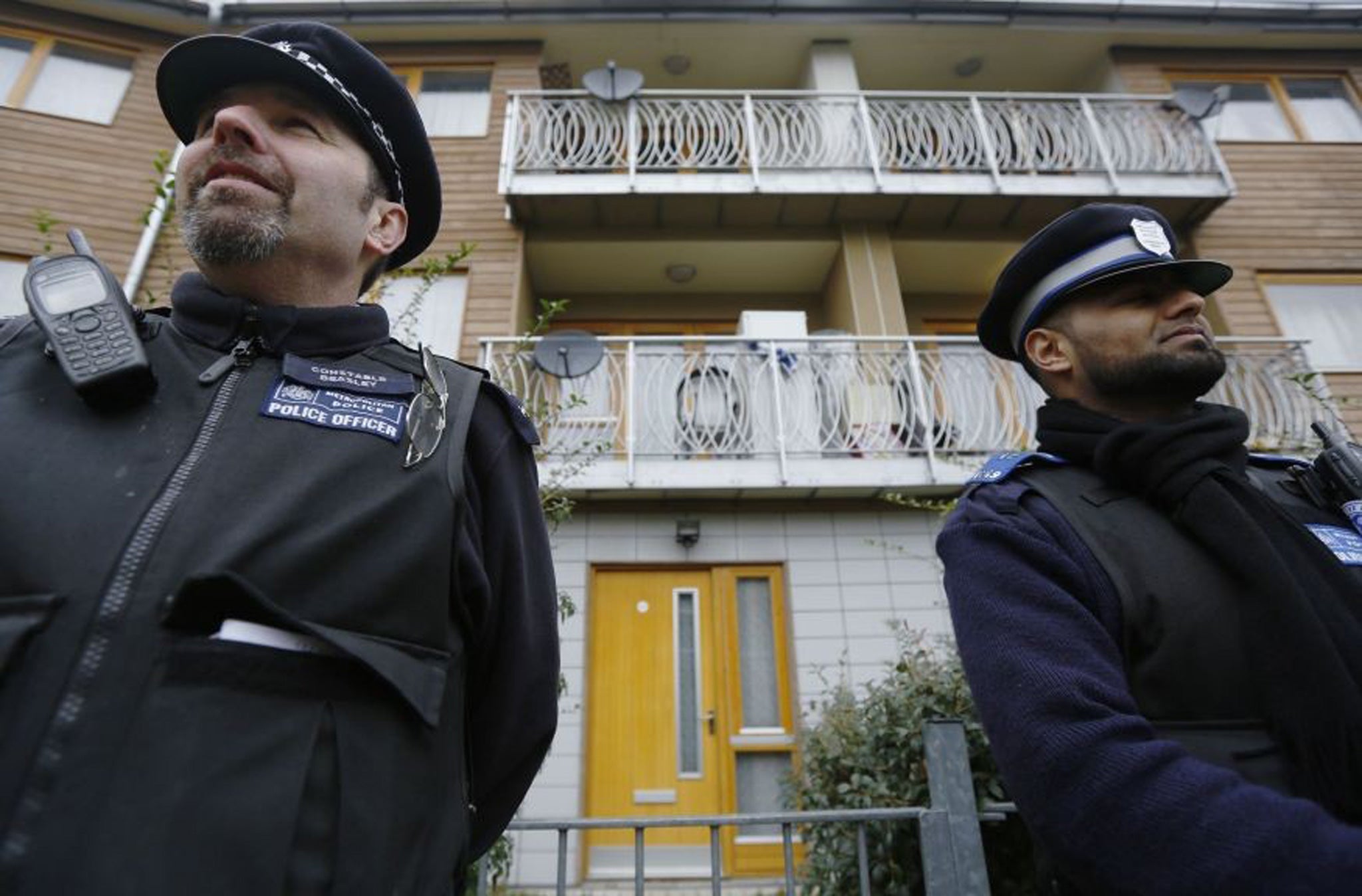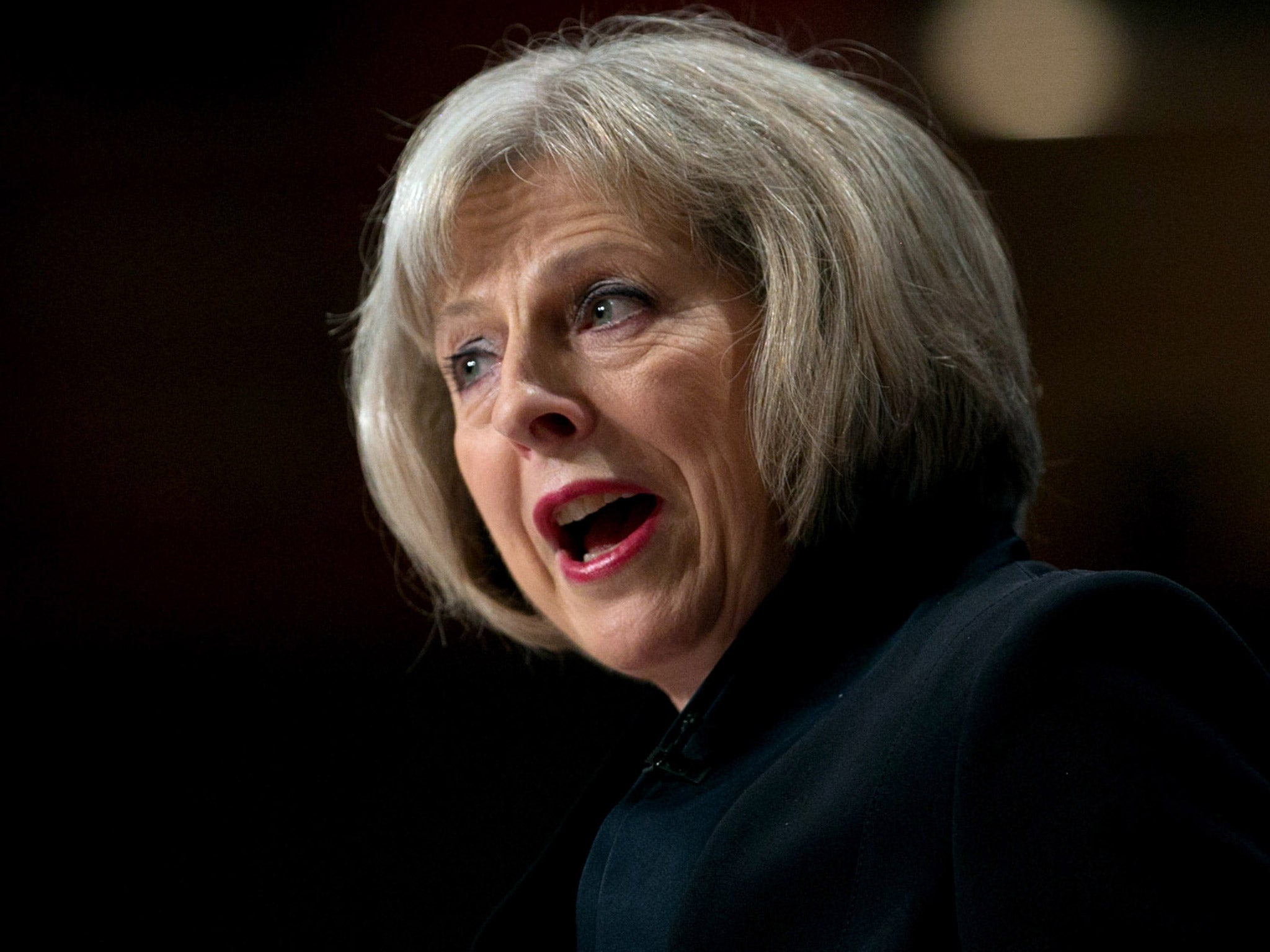Up to 13,000 victims of modern slavery are trapped in the UK
The Home Office analysis suggests the problem is worse than previously thought

The scale of slavery in the UK is far larger than previously feared, according to figures showing that between 10,000 and 13,000 victims could be trapped.
Imprisoned domestic staff, women forced into prostitution, agricultural and factory workers and trafficked men, women and children are among those counted in analysis for the Home Office.
Data from the National Crime Agency’s Human Trafficking centre last year put the number of slaves in the UK at 2,744, the BBC reported, but the estimate for 2013 is more than quadruple that number.
It is reportedly first time the Government has made an official estimate of the scale of the crime, using statistical methodology and models to estimate a “dark figure” that may not have come to previous attention.
The Home Office told the BBC the “tentative conclusions” of its analysis is that the number of victims is higher than thought.
According to the estimate, the victims included people trafficked from more than 100 countries – most commonly Albania, Nigeria, Vietnam and Romania - as well as British-born adults and children, the BBC reported.
Last year, three women from Malaysia, Ireland and Britain, were rescued from 30 years of slavery in London as part of a Maoist cult.
A 57-year-old victim, from Ireland, had secretly accessed a phone and called a charity to say she had been held against her will for decades.
Charities say modern slavery can include forced labour or bonded work, where people have to pay off debts, forced marriages, prostitution and domestic servitude.
The threat of violence against a slave or their loved ones, loss of wages or reports to authorities leading to deportation are frequently used to stop victims leaving.
A case handled by Anti-Slavery International shows how human traffickers lure victims in with the promise of lucrative jobs abroad.
A 26-year-old Lithuanian woman told the charity she saw an advert for cleaning and waitressing jobs in the UK and travelled to England with a man from the “job agency”.

But when she arrived her passport was confiscated and she was forced to work as a prostitute to repay the cost of her travel.
“When we arrived he took my passport away and told me I had to work as a prostitute,” she said. “He said I owed him money for the travel and I would pay him back this way.”
The latest figures come as the Modern Slavery Bill, backed by Theresa May, passes through the House of Lords.
It aims to give law enforcement agencies increased powers to tackle offenders, provide harder punishments and better support victims.
Introducing live sentences for perpetrators, it also created an independent anti-slavery commissioner, Kevin Hyland.

The bill also brings in a new legal defence for victims of slavery who are forced to commit a crime and closes gaps in the law to make it easier to stop boats suspected of carrying trafficked people.
Businesses over a certain size will have to disclose what action they have taken to ensure there is no modern slavery in their business or supply chains, including sweatshops.
The Home Secretary called modern slavery an “appalling crime” that has no place in society in the UK or around the world.
“It is an affront not just to the dignity and humanity of the people crushed by it but to every one of us,” she added.
“Modern slavery is a complex problem and legislation is only part of the solution.
“It also requires tireless and coordinated effort across government and law enforcement, work with other countries to tackle the problem at source, and increased awareness within all communities, including the business community.”
Join our commenting forum
Join thought-provoking conversations, follow other Independent readers and see their replies
Comments